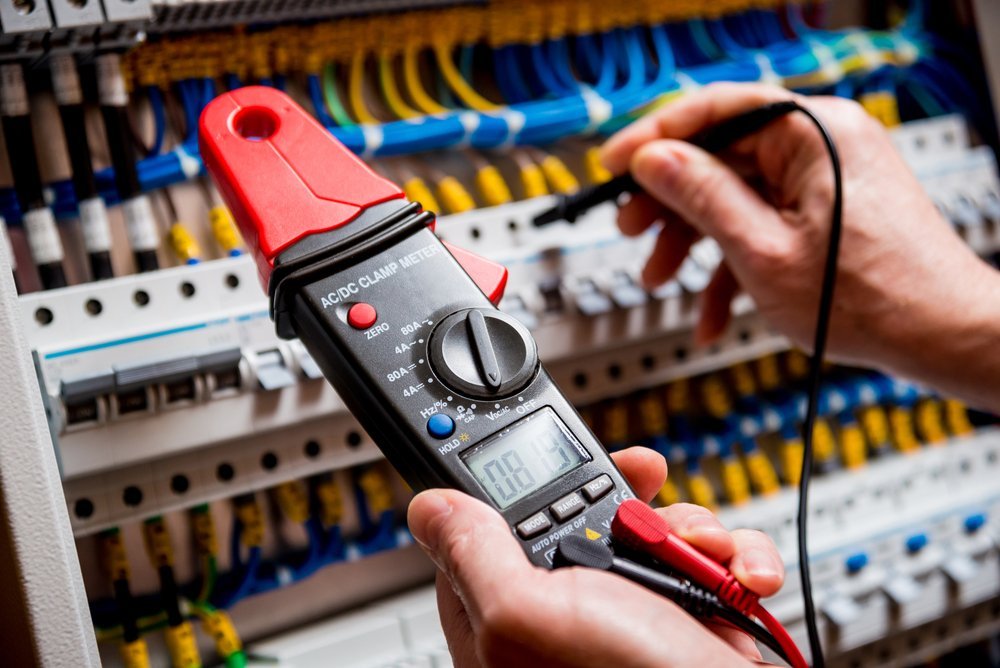
While it's generally true that solar panel systems decrease your reliance on the typical power grid and electrical systems, it's important to note that such systems are not eliminated from the equation entirely. Because solar panels are installed with the goal of replacing this form of energy, certain electrical systems or components will remain in place as part of the solar panel setup, including certain electrical panels and other pieces of minor infrastructure.
At Intermountain Wind & Solar, we're proud to assist Utah clients with a variety of solar panel installation needs, offering solar consultations where we'll go over your current power bill and home infrastructure and let you know what needs to be done to allow a quality solar panel system to be installed. In some cases, depending on the state of your home and its existing electrical components, you may need to make just one or two minor upgrades to allow for solar panel compatibility -- but these are generally affordable enough that they don't change the overall math on the savings you'll receive from solar panels much, if at all. Here are a few of these upgrades that might be needed, plus some other tips for ensuring your home is compatible with the solar panel system you're installing.
For those unaware, an electrical panel refers to the service box that connects your main power lines to your home, plus distributes electricity to the appliances and outlets inside your home. These panels can also have fuses or circuit breakers which prevent damage from occurring in the case that a short occurs, but it's important to not replace these components with breakers which don't meet code for whatever reason -- doing so leaves you vulnerable to potential accidents.
For some homes, especially newer ones, this will be the only upgrade that's required for a solar panel system -- if it's required at all. Most solar power systems require electrical panels that can accommodate up to 200 amps, though some can be upgraded to fit up to 400 amps. Most newer panel systems require that breakers are placed no closer than every 20 feet.
For older homes, the issue with electrical panels might be less related to power, and more about age and components. For these homes, you'll need to get a thorough assessment of the electrical components involved before committing to a solar power system upgrade. In some cases, it might be necessary to replace certain components entirely in order to make way for bigger electrical demands. No matter what, our solar power experts will be happy to walk you through this area.
Because electrical conduits within your home will need to run through the roof to connect to the solar panels themselves, you'll need to ensure that there's enough room for this conduit within your home. If the conduit is too thin to fit through existing walls and other obstructions, it can cause issues with properly connecting the roof line and rooftop solar panels.
If this is the case, you may need to arrange a minor wiring upgrade that allows for the conduit size to be increased. While this is something our solar power experts can often arrange, it's also worthwhile for you to investigate whether or not there are any other electrical components -- such as your current meter box -- that might make expanding your home's electrical capacity difficult.
In much rarer cases, but those that may still take place from time to time, an existing roof may need to be upgraded or replaced in order to accommodate the placement of solar panels.
This is typically done by replacing the current metal roof with a new one that offers better UV protection. These roofs can also hold more weight, making them much more resilient against storms and high winds -- but are still much lighter than traditional options.
In addition, they tend to age better and require less upkeep over the long term. In some cases, roofs successfully handle solar panels for decades without issue. In others, a roof replacement can be necessary to ensure it's up to par with these kinds of demands.
Here are a few other basic recommendations we can make on how to ensure your home is compatible with any solar panel system you're installing, and vice versa:
For more on the electrical and other themes you may need to consider for solar panel compatibility, or to learn about any of our residential or commercial solar panel services in Utah, speak to the staff at Intermountain Wind & Solar today.





"All of the photos on this website are of real projects that Intermountain Wind & Solar has designed and installed.
We are proud to show off and stand behind our work."